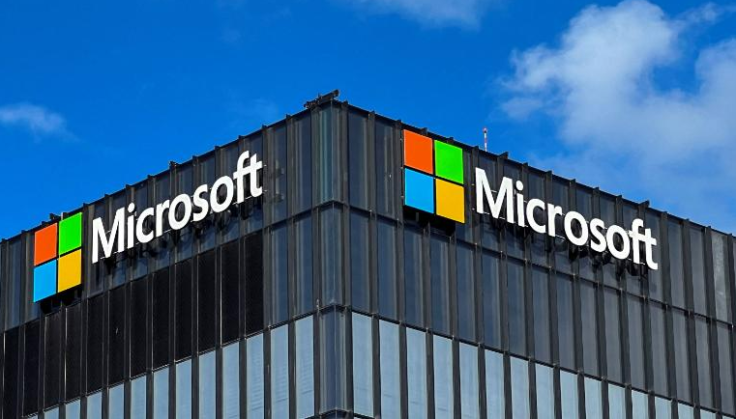Microsoft Slammed For Banning 'Palestine', 'Gaza' and 'Genocide' in Internal Emails Amid Israel Ties
This protest sparks from the 'No Azure for Apartheid' group's protests against Microsoft's Israeli ties

Tech giant Microsoft is under fire after reports revealed it is blocking internal emails containing the words 'Palestine', 'Gaza', and 'genocide' — triggering backlash from employees and fuelling an already growing row over the company's ties to Israel.
As tensions soar around the company's cloud services contracts with the Israeli military, staff are raising alarm bells over what they see as corporate censorship of one side of a deeply polarising issue.
Internal Filter Sparks Employee Uproar
According to Dropsite News, Microsoft has implemented an internal filter on its Exchange email system to block messages that include a select set of politically sensitive terms. Emails containing the words 'Palestine', 'Gaza', or 'genocide' are stopped without alerting the sender or recipient.
'Sending unsolicited email to large numbers of employees at work is not appropriate,' a Microsoft spokesperson told the New York Post. 'We have an established forum for employees who have opted into a variety of issues for this reason.'
The spokesperson added: 'Over the past couple of days, a number of emails have been sent to tens of thousands of employees across the company, and we have taken measures to try and reduce those emails to those that have not opted in.'
Growing Pressure Over Israeli Contracts
The censorship claims arrive on the heels of employee protests led by the internal group 'No Azure for Apartheid'. The group is calling for Microsoft to sever all business with the Israeli government and military.
Microsoft's Azure platform — the company's cloud computing backbone — is being used by various branches of the Israeli military, not just for logistics and admin, but also for combat support and intelligence operations.
Leaked Contracts Raise More Questions
Documents leaked earlier this year suggest Microsoft secured roughly $10 million (£7.41 million) in contracts to provide extensive technical support throughout the Gaza conflict. These revelations have heightened scrutiny over the company's role and raised questions about ethical oversight in military partnerships.
Filters Trigger Accusations Of Bias
Employees aligned with 'No Azure for Apartheid' say they first noticed the email restrictions shortly after staging a walkout during Microsoft's annual Build developer conference. They claim that while 'Palestine' and 'Gaza' are blocked, words like 'Israel' or even spelling variations such as 'P4lestine' still make it through, pointing to what they believe is a targeted suppression of pro-Palestinian discourse.
Despite mounting criticism, Microsoft has stood firm.
'We engage with governments around the world to provide secure, reliable cloud services,' a senior official told Dropsite News. 'These engagements are subject to legal, ethical, and security reviews to ensure they align with our principles.'
Internal Report Defends Microsoft's Position
In a move widely seen as damage control, Microsoft released an internal review shortly before the Build event. It claimed: 'We found no evidence that Microsoft's Azure and AI technologies, or any of our other software, have been used to harm people.'
The report was intended to ease internal unrest but did little to calm employees demanding greater transparency and ethical accountability.
Context: The Human Toll Of The Conflict
The current controversy unfolds amid devastating loss of life. The war between Israel and Hamas erupted on 7 October 2023, when Hamas launched a surprise attack, killing 1,195 people — including 815 civilians — and taking 251 hostages.
Israel responded with an aggressive military campaign across Gaza. As of May 2025, more than 52,000 Palestinians have been killed, over half of them women and children. Another 110,000 have been wounded, deepening the region's humanitarian crisis.
© Copyright IBTimes 2025. All rights reserved.






















